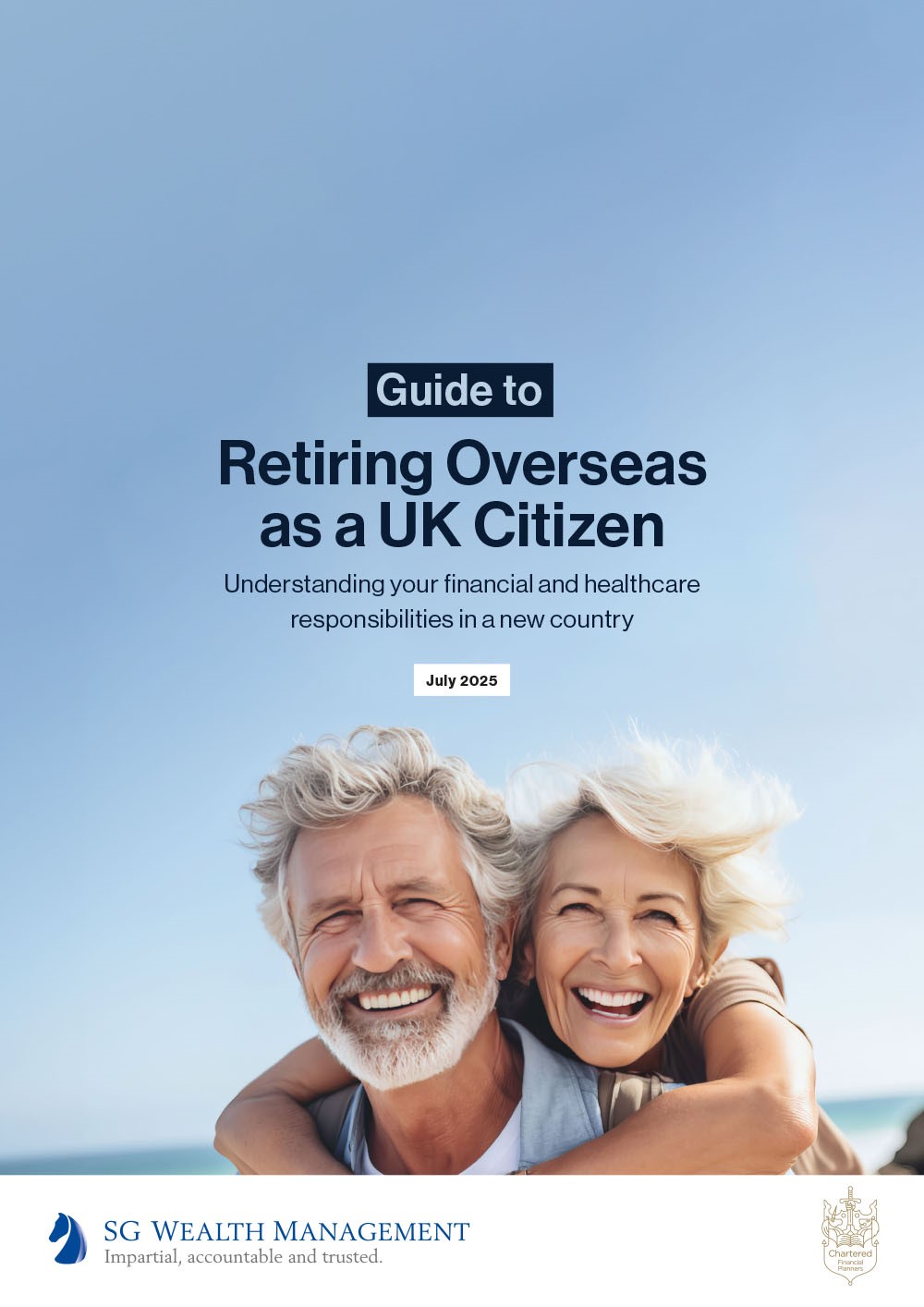Welcome to our guide to retiring overseas as a UK citizen.
Retiring abroad offers a unique opportunity to explore new cultures, enjoy a different pace of life and benefit from a lower cost of living. For UK citizens contemplating such a move, careful planning is crucial.
Your decision to retire overseas involves more than simply packing your bags; it requires a clear understanding of how your finances, healthcare and legal responsibilities will change. This guide provides an overview to help you prepare for a smooth transition.
Claiming your UK State Pension abroad
One of the biggest questions retirees often have is whether they can access their State Pension while
living abroad. The good news is that you can claim your UK State Pension regardless of where you
choose to settle, as long as you have paid sufficient National Insurance contributions. Payments can be
made directly into either a UK or overseas bank account.
However, it’s crucial to consider the impact of currency exchange rates. Payments are made in pounds sterling, and if they are sent to an overseas bank account, the amount you receive in local currency will vary based on fluctuations in exchange rates. Over time, these variations could significantly influence your
income, so it’s worth including them in your financial planning.
A key consideration is the annual increase in the basic State Pension. These increases apply only to residents of specific countries, such as those within the European Economic Area (EEA), Switzerland, Gibraltar and nations that have a social security agreement with the UK.
If you reside outside of the specified countries, your State Pension will be frozen at the rate it was initially paid. This may limit its value in relation to inflation over the long term. Furthermore, any entitlement to Pension Credit will terminate if you move abroad permanently.
Managing personal and workplace pensions
If you’re drawing a personal pension or a workplace pension, the good news is that these can generally also be paid to you overseas. However, the payment methods and conditions may vary depending on your pension provider. Some companies will only pay into UK bank accounts, so it’s wise to confirm the specifics
in advance.
Payments made in pounds sterling and transferred to an overseas account will be subject to exchange rate risks, potentially resulting in you receiving less (or more) money depending on market fluctuations. You may wish to explore local multi-currency accounts or specialised foreign exchange services to help stabilise
the amount you actually receive in your retirement destination.
For those contemplating retirement in a country that complies with UK pension regulations, it may be worthwhile to explore transferring your pension to a Qualifying Recognised Overseas Pension Scheme (QROPS). This streamlines administration and enables you to receive income in the local currency.
Nevertheless, transferring pensions isn’t straightforward and often comes with charges or tax implications. It is essential to obtain professional financial advice before making this decision, as it needs to be tailored to your individual circumstances.
For more detailed information, refer to our guide or contact our financial planners to find out how we can help you plan for a retirement abroad. We're here to help you structure your finances in a way that sets you up to achieve your goals.



